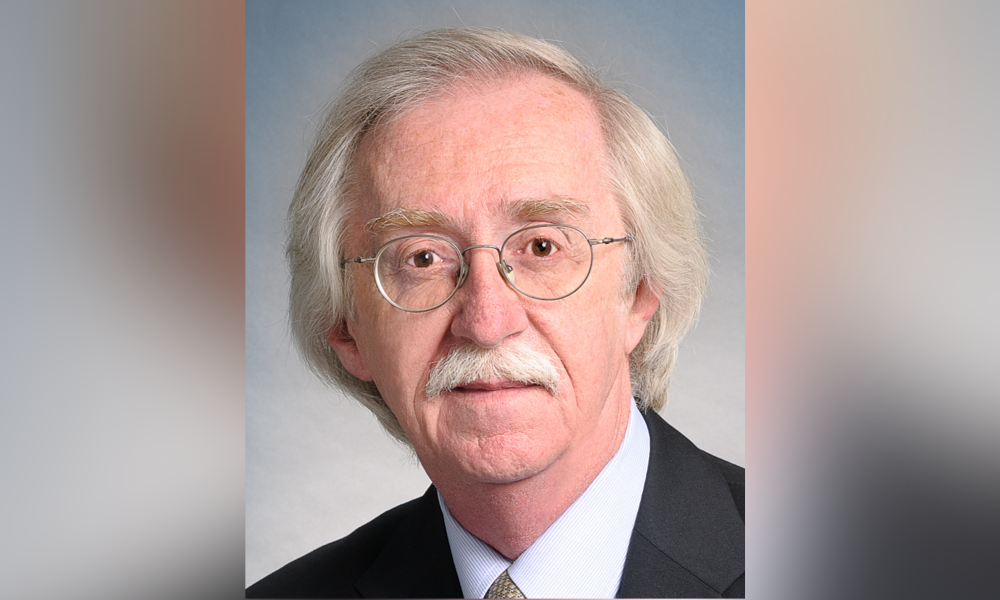Renowned gold bull says rules were created for 'normal times' but the world has changed

Regulators should allow advisors and their clients to pick what’s suitable for them based on all their circumstances, and not set arbitrary rules based on their risk tolerance because it’s not serving their best interests, according to one chief executive officer.
“I’ve been in the business for 50 years and, just like the late ‘70s, we’ve now got rampant inflation, but it’s actually much worse because we’re teetering on the edge of stagflation, and gold has always done extremely well,” Nick Barisheff, CEO of BMG Group Inc., told Wealth Professional.
“Currently, the equity markets are all grossly overvalued by every conventional measure, and many analysts think we’re going to have a crash that will be worse than 1929, so investors are looking for a way to protect that. When they try to do that with their advisor, they hit the compliance wall. If the client is dedicated, he will say, ‘Thanks for the memories’, close the accounts, and open a discount brokerage account where you can do whatever you want.
“So, they should allow the advisor to work hand in hand with the client to pick what is suitable, given all the circumstances, and not set these arbitrary rules that may not apply to a lot of clients because the dealers ultimately lose the advisor and the client.”
Barisheff said that’s particularly important now because of supply chain problems and currency declines, plus numerous other issues. With the risk of another world war, he said it’s time to hold more gold because it will go up, even during a volatile time. That’s what happened in 2000 and 2008.
“When we have stagflation, which we’re beginning to have, gold goes up by disproportional amounts,” he said. “We’re not in normal times and these kinds of policies were created for normal times.”
He noted that Know Your Client risk tolerance plus concentration risk, which don’t allow advisors to hold more than 25% in any one investment, can limit their choices.
“So, you’ve got to think things through,” he said, “and that’s a decision between the advisors and their clients to deem what’s appropriate instead of fighting these inappropriate compliance rules.”
Barisheff was reacting to compliance rules that restrict sector funds, such as precious metals, to 25% of a client’s holdings. That includes mining stocks as well as precious metal funds, such as bullion.
“These two categories of precious mutual funds have completely different risk profiles, but the regulators don’t seem to know the difference,” he said. “There’s a huge amount of difference between the risks of mining stocks when equity declines – mining stocks tend to decline by more than the equity markets, even if the price of gold is rising.
“They also don’t seem to have any appreciation that those who set the regulations for the central banks – the Bank of International Settlements (BIS), which regulates global central banks – have stated that physical bullion held on an allocated basis is a zero risk monetary asset. They think it’s a high risk. I don’t think so.”
Barisheff said that compliance departments also base their risk decisions on standard deviation rather than considering current economic and geopolitical risks. He said that’s a mistake since gold has a lower standard deviation and higher return than most of the DOW components.
Barisheff empathizes with many advisors who are trying to protect their clients by increasing their gold allocations, but becoming frustrated with the compliance policies in this environment. He also believes that portfolios should hold more than 25% in bullion in such volatile times since that could be the client’s best option, but now they have to leave advisors to get it.
“Gold is a portfolio diversifier because it’s negatively correlated to everything else,” he said. “So, when you add gold to a portfolio, it actually improves the return and reduces the standard deviation of the portfolio. That’s valuable in these times, which aren’t normal.”



